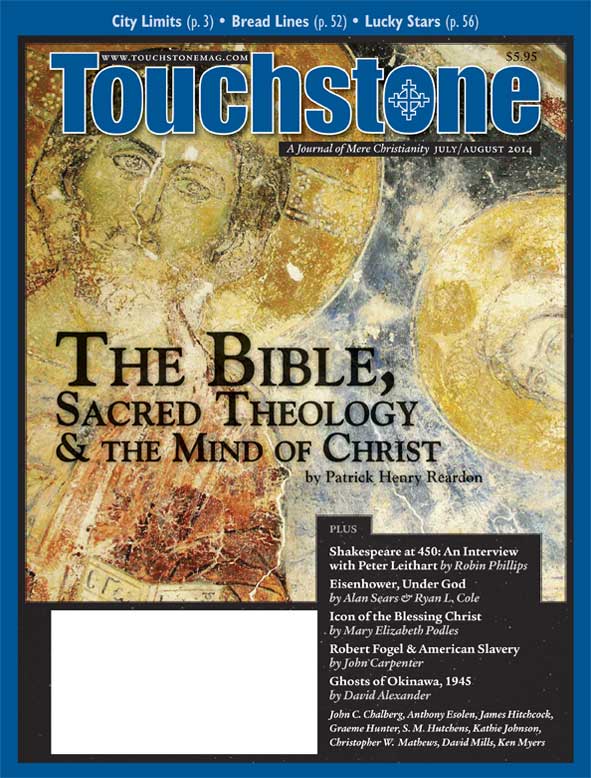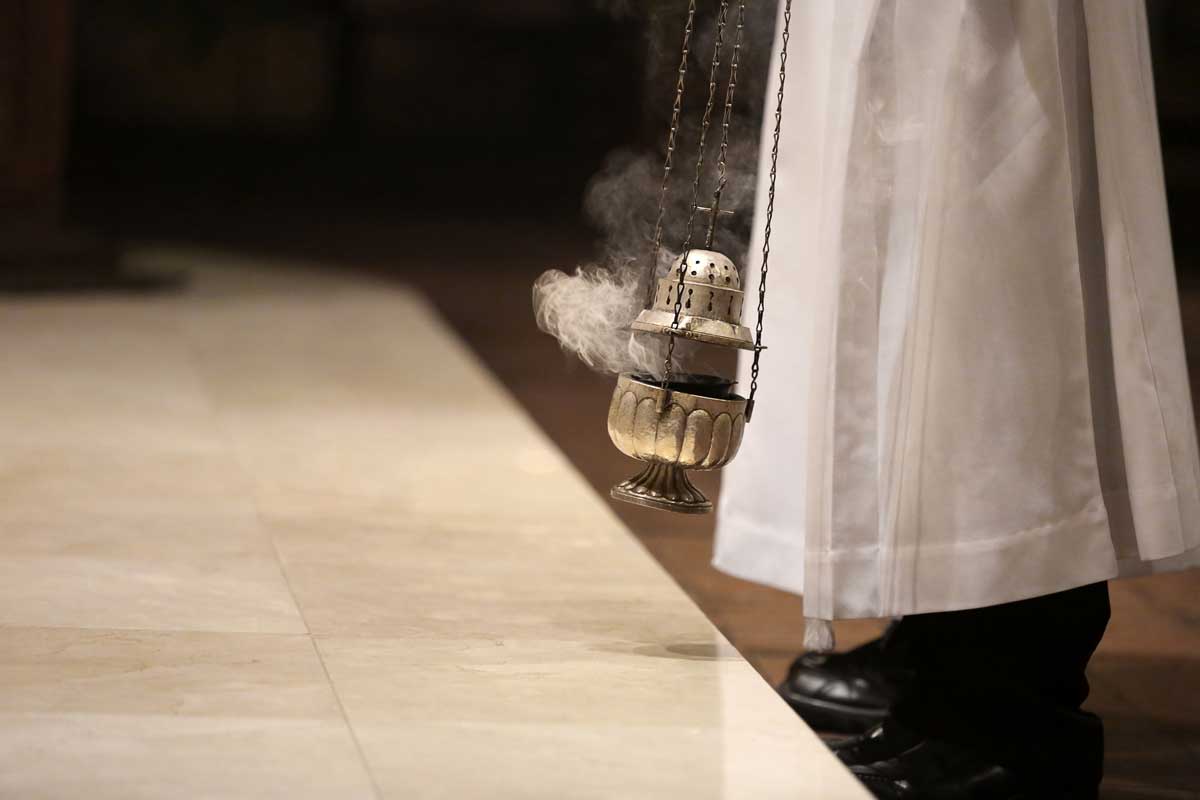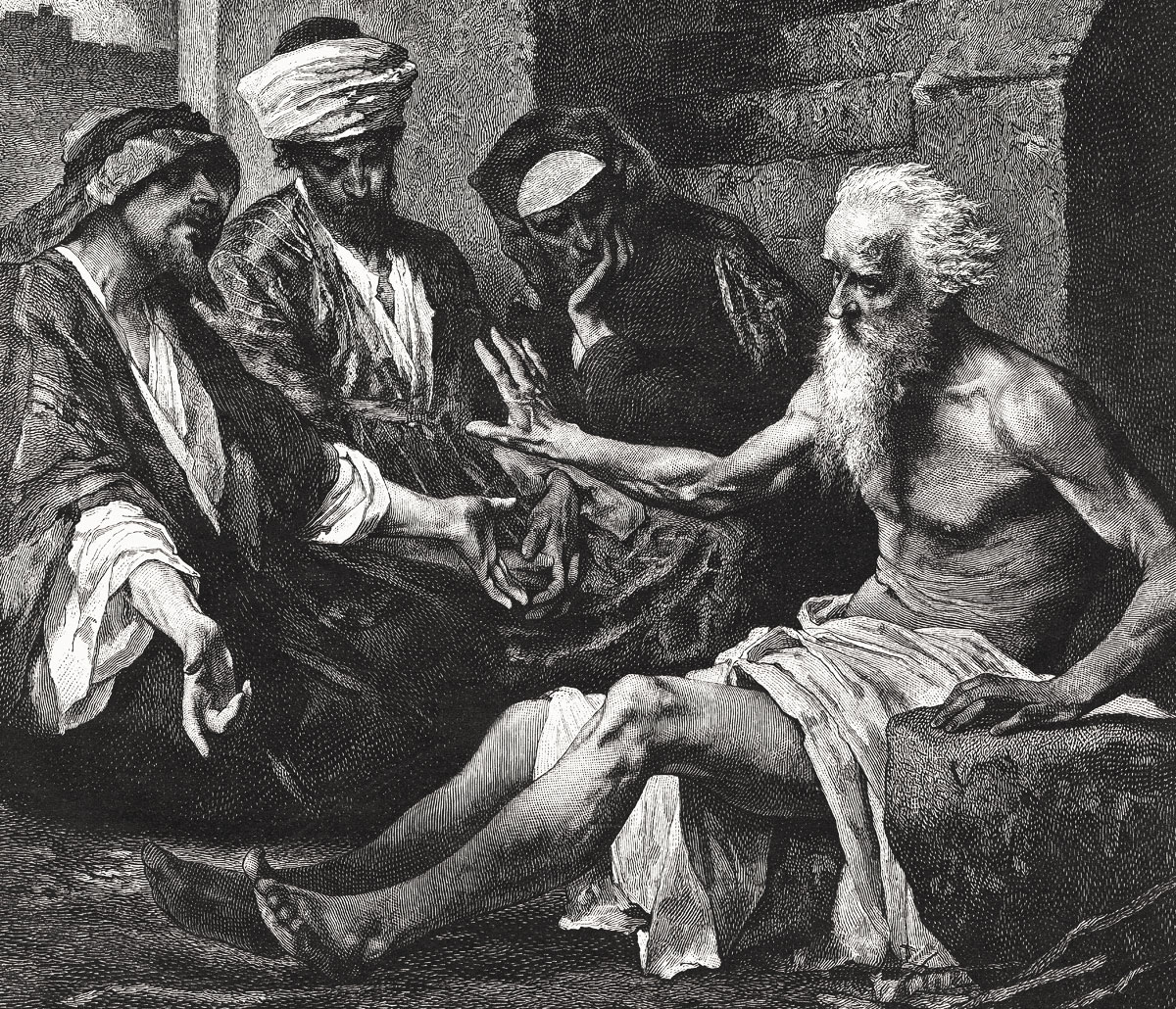Through Others' Eyes
David Mills on the Limited Virtues of Reading
The hush of the library, like the hush of the museum and the concert hall, suggests that something spiritual—something personally transformative—is going on. People who read seriously want to believe that reading changes us, makes us better, that it isn't just a form of entertainment or a simple skill useful for getting something done. For us, it is more like a mystic experience than like watching television or learning to wire a house or sink a putt.
As C. S. Lewis explained in one of his last books, An Experiment in Criticism, reading brings "true readers" like himself an "enormous extension of our being." Someone who doesn't read "may be full of goodness and good sense but he inhabits a tiny world. In it, we should be suffocated. The man who is contented to be only himself, and therefore less a self, is in prison."
"My own eyes are not enough for me, I will see through those of others," he continues.
In reading great literature I become a thousand men and yet remain myself. Like the night sky in the Greek poem, I see with a myriad eyes, but it is still I who see. Here, as in worship, in love, in moral action, and in knowing, I transcend myself; and am never more myself than when I do.
It is a moving passage, for those of us who think of ourselves as true readers. It expresses what we find when we read, that mind-changing or paradigm-shifting experience of suddenly seeing something from a different point of view and therefore seeing it more truly than we had. We feel our being extended through the minds and insights of people far more intelligent and learned, and often more holy, than we are.
The non-reader, on the other hand, will be a little annoyed at finding himself consigned to a prison and described as less of a self because he does not read as intensely as Lewis reads. And the non-reader would be right.
A Dangerous Idea
In this book Lewis assumed, as many people do, that learning by itself, in some dim and never articulated way, brings with it insight that the less learned do not and usually cannot achieve, and that this insight is a kind of virtue. The true reader transcends himself and extends his being, and that makes him a better man.
Lewis writes this without malice or judgment, but others, less charitable than he, assume the same thing about reading and draw moral conclusions about the difference between themselves and those who don't read in the same way. Just listen to an Evangelical of a certain sort talk about "Fundamentalists" or a Catholic of a certain sort talk about Evangelicals, or new atheists, with their simple appeals to "science," talk about Christians. The less learned are not just ignorant, they're to some degree morally defective.
Lewis says nothing in the book to keep the reader from drawing the same conclusion and indeed suggests it with his talk of the man "content" to be less of a self and thereby place himself in prison. To be fair to him, he knew better, as his description of the wisdom of the Beavers in The Lion, the Witch, and the Wardrobe and almost everything else he wrote shows. But when writing an academic book for other scholars, he privileged (as scholars put it) the academic life.
David Mills has been editor of Touchstone and executive editor of First Things. He edits the opinion page of the Pittsburgh Post-Gazette.
subscription options
Order
Print/Online Subscription

Get six issues (one year) of Touchstone PLUS full online access including pdf downloads for only $39.95. That's only $3.34 per month!
Order
Online Only
Subscription

Get a one-year full-access subscription to the Touchstone online archives for only $19.95. That's only $1.66 per month!
bulk subscriptions
Order Touchstone subscriptions in bulk and save $10 per sub! Each subscription includes 6 issues of Touchstone plus full online access to touchstonemag.com—including archives, videos, and pdf downloads of recent issues for only $29.95 each! Great for churches or study groups.
Transactions will be processed on a secure server.
more from the online archives

15.6—July/August 2002
Things Hidden Since the Beginning of the World
The Shape of Divine Providence & Human History by James Hitchcock
calling all readers
Please Donate
"There are magazines worth reading but few worth saving . . . Touchstone is just such a magazine."
—Alice von Hildebrand
"Here we do not concede one square millimeter of territory to falsehood, folly, contemporary sentimentality, or fashion. We speak the truth, and let God be our judge. . . . Touchstone is the one committedly Christian conservative journal."
—Anthony Esolen, Touchstone senior editor









